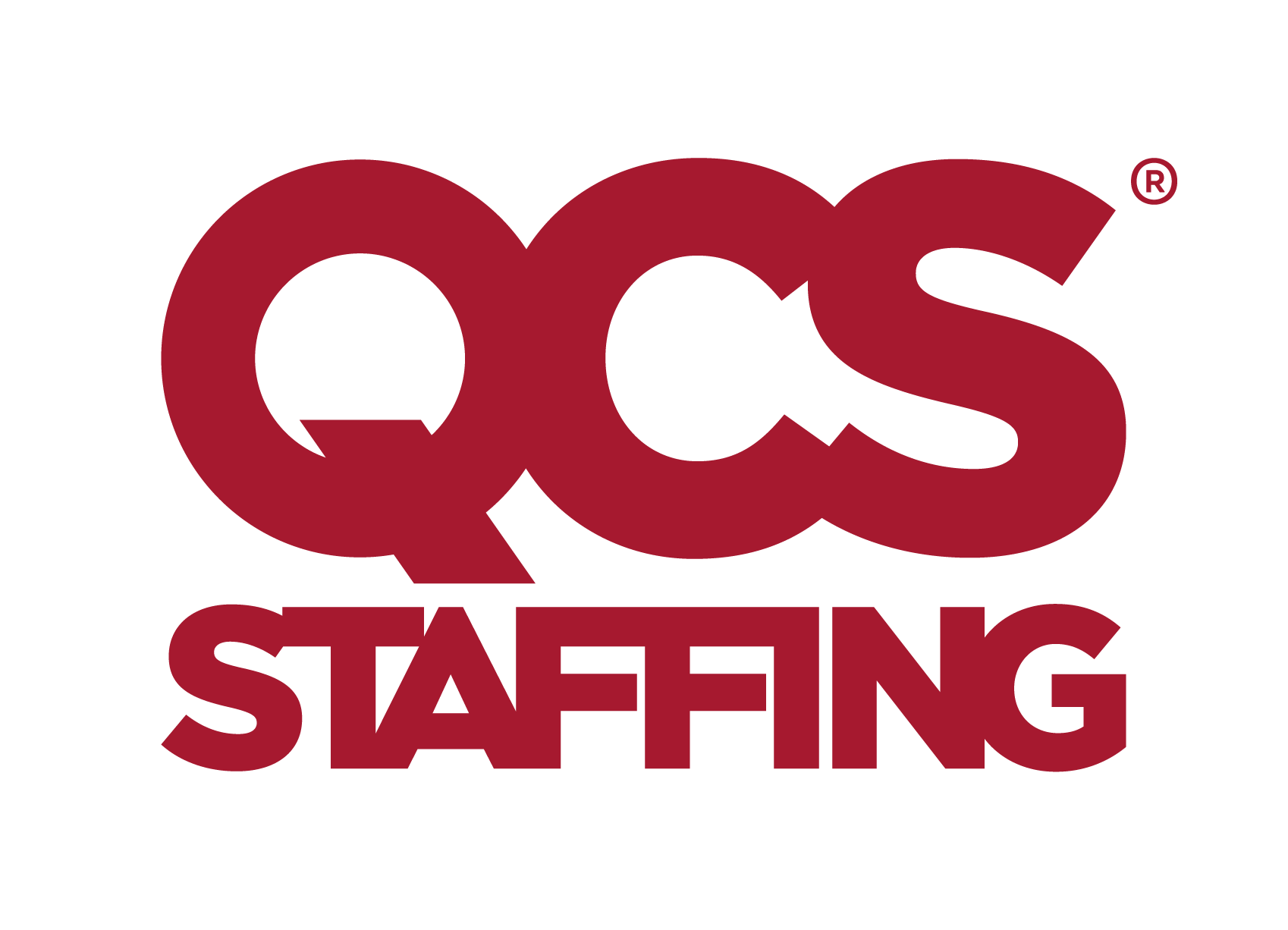Day in the Life of a Commissioning Operator in Renewable Energies
The world is facing an urgent need for clean, sustainable
energy solutions, and the renewable energy sector is at the forefront of this
charge. It was measured to be worth $970 billion in 2022 and is anticipated to rake around $2.2 trillion by 2032.
Solar and wind energy are leading the charge, with solar capacity projected to
grow by 11.2%, and wind by 8.4%. From vast wind farms harnessing the
power of the wind to sprawling solar panel installations capturing the sun's
energy, renewables are playing a crucial role in reducing our reliance on
fossil fuels.
This sector isn't just about cutting-edge technology and
projects; it's also about skilled professionals dedicated to bringing these
innovative solutions to life. The Commissioning Operator plays a vital role in
ensuring the smooth and efficient operation of renewable energy installations.
What is a Commissioning Operator?
So, what exactly does a Commissioning Operator do in the renewable energy sector? Imagine a giant wind turbine or a solar panel field – before these marvels of engineering start generating clean energy, they need testing and verification. That's where the Commissioning Operator steps in. They are responsible for:
What Does a Commissioning Operator do?
Verifying equipment installation and adherence to
specifications: They check that all turbines, panels, transformers,
and other components are installed correctly and meet stringent safety and
performance standards.
Conducting functional tests: This involves
powering up individual components and ensuring they operate as intended –
turbines spinning smoothly, panels capturing sunlight efficiently, and control
systems functioning flawlessly.
Integrating and synchronising systems: It's not
just about individual components; the Commissioning Operator ensures seamless
communication and coordination between all systems, optimising overall
performance.
Troubleshooting and problem-solving: No project
goes perfectly smoothly, and unforeseen hiccups are inevitable. The
Commissioning Operator's keen eye and technical expertise are crucial in
identifying and resolving issues that arise during the commissioning process.
Documenting and reporting: Detailed records are
essential for ongoing operation and maintenance. The Commissioning Operator
documents test results, observations, and procedures, ensuring a smooth
handover to the operational team.
Schedule
Commissioning Engineer’s schedule is a demanding and dynamic routine:
Pre-commissioning: Expect office-bound days filled with technical tasks. Imagine meticulously reviewing designs, crafting complex testing procedures, and coordinating with various teams. Travel to factory tests might add a twist, but the focus is on meticulous preparation.
Commissioning: On-site, the schedule gets hands-on. Think extensive performance testing, troubleshooting technical glitches, and meticulous documentation. It's not about flashy heroics, but ensuring everything functions as planned. Training future operators adds another layer to your responsibilities.
Post-commissioning: Don't expect instant rest. Final checks and reports require attention to detail. Addressing warranty issues can be like detective work, ensuring smooth project completion. While ongoing support might not be daily, be prepared to answer the call if needed.
Remember, deadlines and unforeseen circumstances can disrupt the best plans. Expect flexibility, adaptability, and the ability to handle pressure. It's not glamorous, but a vital role in bringing renewable energy to life.
Find Your Next Commissioning Operator Job
Are you passionate about clean energy and driven by technical challenges? A career as a Commissioning Operator might be your perfect fit. At QCS Staffing, we are specialists in connecting talented individuals with exciting opportunities in the renewable energy sector. Browse our latest commissioning vacancies or simply contact us now!






.png?v=80a0421a8ae621e572ffffe39c6613df)
